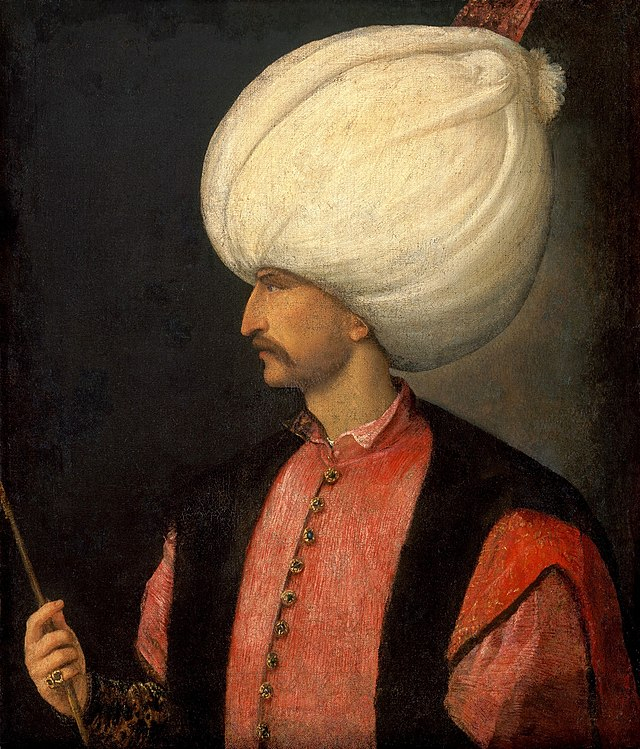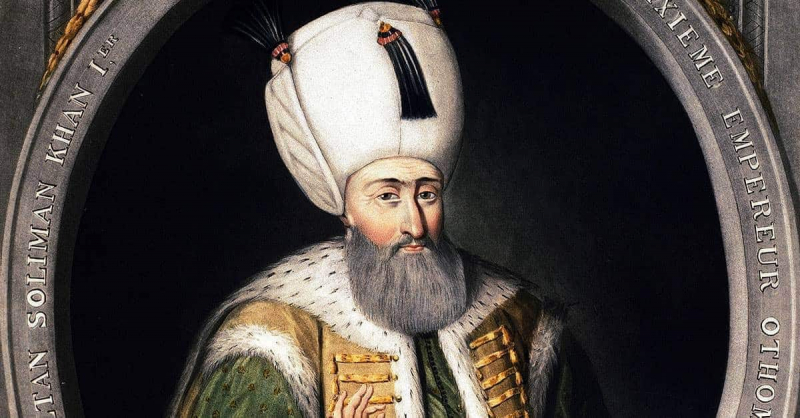Suleiman the Magnificent
From 1520 until his death in 1566, Suleiman the Magnificent served as the Ottoman Empire's eleventh and longest-reigning Sultan. The Ottoman caliphate governed over at least 25 countries throughout his rule.
Suleiman rose to prominence as a ruler in 16th-century Europe, ruling during the height of the Ottoman Empire's dominance in terms of politics, economics, and the military. Before his conquests were halted at the siege of Vienna in 1529, Suleiman personally led Ottoman soldiers in capturing the Christian strongholds of Belgrade and Rhodes as well as the majority of Hungary. During his war with the Safavids, he seized significant portions of North Africa, extending as far west as Algeria, and much of the Middle East. The Ottoman fleet was in command of the seas from the Mediterranean to the Red Sea and across the Persian Gulf during his reign.
Suleiman personally implemented significant judicial changes pertaining to society, education, taxation, and criminal legislation while in charge of a growing empire. His reforms balanced the relationship between the two types of Ottoman law: sultanic (Kanun) and religious. He did this in collaboration with the empire's top judge, Ebussuud Efendi (Sharia). He was a renowned poet and goldsmith who also developed into a great patron of culture, guiding the Ottoman Empire's "Golden" age of artistic, intellectual, and architectural advancement.








